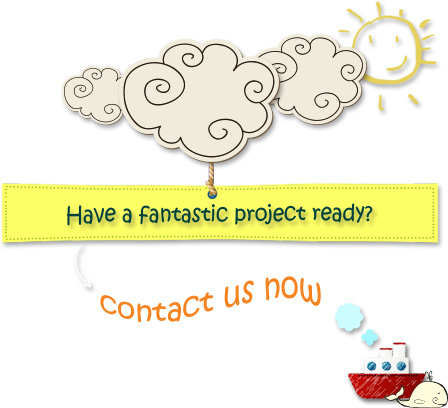As mobile technology and social media becomes a staple of our everyday lives, expectations of how our favourite brands carry themselves have changed. While it has been said that brand loyalty is a thing of the past, consumers expect brands to take an authentic and open approach to marketing and engagement. Some customers may make purchases on cost alone, but we think loyalty is still alive and well. People still want to connect with a brand that has the same values, characteristics and ideas as themselves. But since price, location and a few other factors weigh in on a customer’s decision, loyalty is much tougher to build and even tougher to sustain.
“Authenticity” is a word that has received a lot of attention with the rise of social media – leading audiences to expect brands to be open, transparent and always on.
While authenticity can mean different things to different brands, the common element is humanization. Often times we picture those mammoth companies that don’t care about the little guy—they speak through a logo and are concerned more about padding their bottom line than anything else. It’s a stereotype that has reason to still be alive.
But, not all is lost! LEGO, one of the world’s largest companies and one that has built a remarkably strong brand, defied almost every assumption that’s out there… especially the one about the little guy.
A 7-year old boy decided to email LEGO after he lost one of his beloved action figures at a local mall:
Hello.
My name is Luka Apps and I am seven years old.
With all my money I got for Christmas I bought the Ninjago kit of the Ultrasonic Raider. The number is 9449. It is really good.
My Daddy just took me to Sainsburys and told me to leave the people at home but I took them and I lost Jay ZX at the shop as it fell out of my coat.
I am really upset I have lost him. Daddy said to send you a email to see if you will send me another one.
I promise I won’t take him to the shop again if you can.
~Luka
It’s a letter that most of us working in just about any service-based industry would smile at, but that’s probably as far as it would go. Instead of ignoring the letter all together or sending one of those “cookie-cutter” responses, LEGO did this:
Luka,
I told Sensei Wu that losing your Jay mini figure was purely an accident and that you would never ever let it happen ever again.
He told me to tell you, ‘Luka, your father seems like a very wise man. You must always protect your Ninjago mini figures like the dragons protect the Weapons of Spinjitzu!’
Sensei Wu also told me it was okay if I sent you a new Jay and told me it would be okay if I included something extra for you because anyone that saves their Christmas money to buy the Ultrasonic Raider must be a really big Ninjago fan.
So, I hope you enjoy your Jay mini figure with all his weapons. You will actually have the only Jay mini figure that combines 3 different Jays into one! I am also going to send you a bad guy for him to fight! Just remember, what Sensei Wu said: keep your mini figures protected like the Weapons of Spinjitzu! And of course, always listen to your Dad.
When we talk about authenticity and customer/audience experience, this is exactly what we mean. This employee went above and way beyond what was needed. We don’t think he did it with PR in mind, but this letter generated three things: positive mass media coverage, a lifelong loyal customer in Luka, and thousands of brand evangelists who have praised the company’s culture.
While customers today may be persuaded more by price and the best deal, it doesn’t mean brand loyalty doesn’t exist anymore. LEGO has proven that authenticity and a little bit of human investment can go much further than any amount of money spent on PR and advertising.





